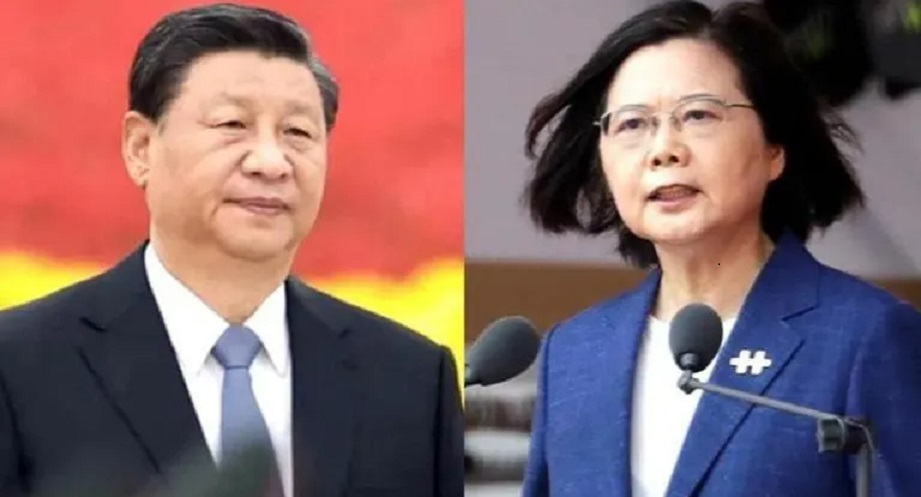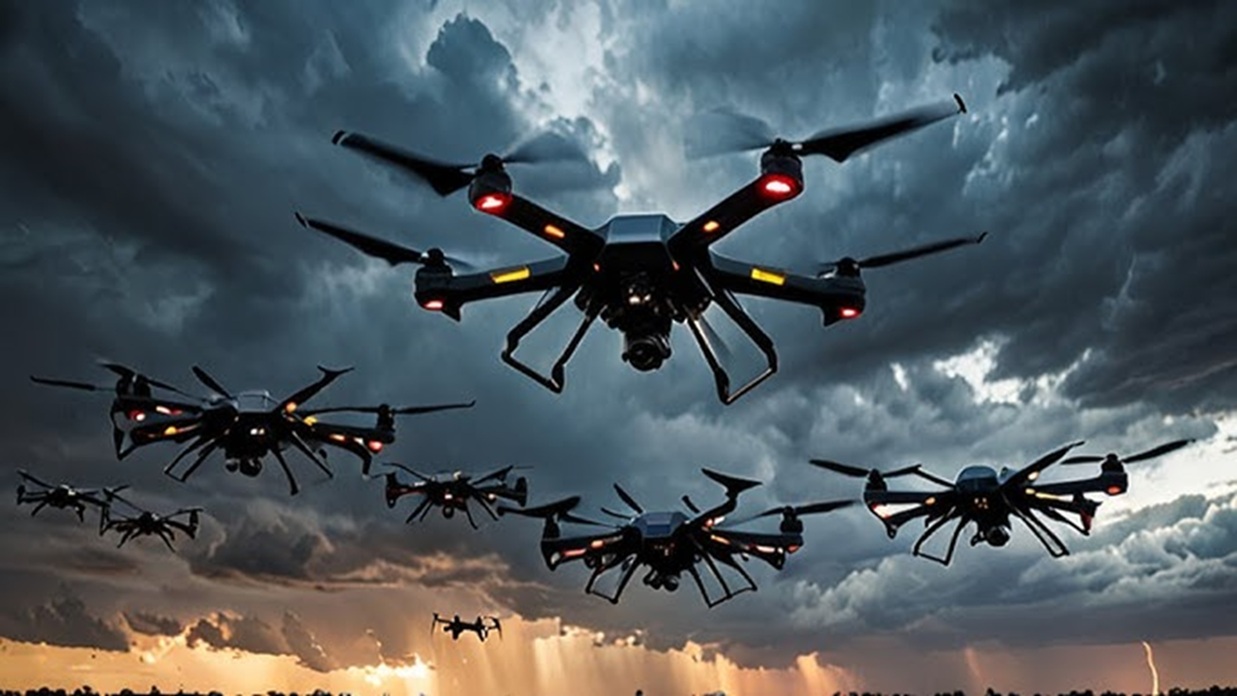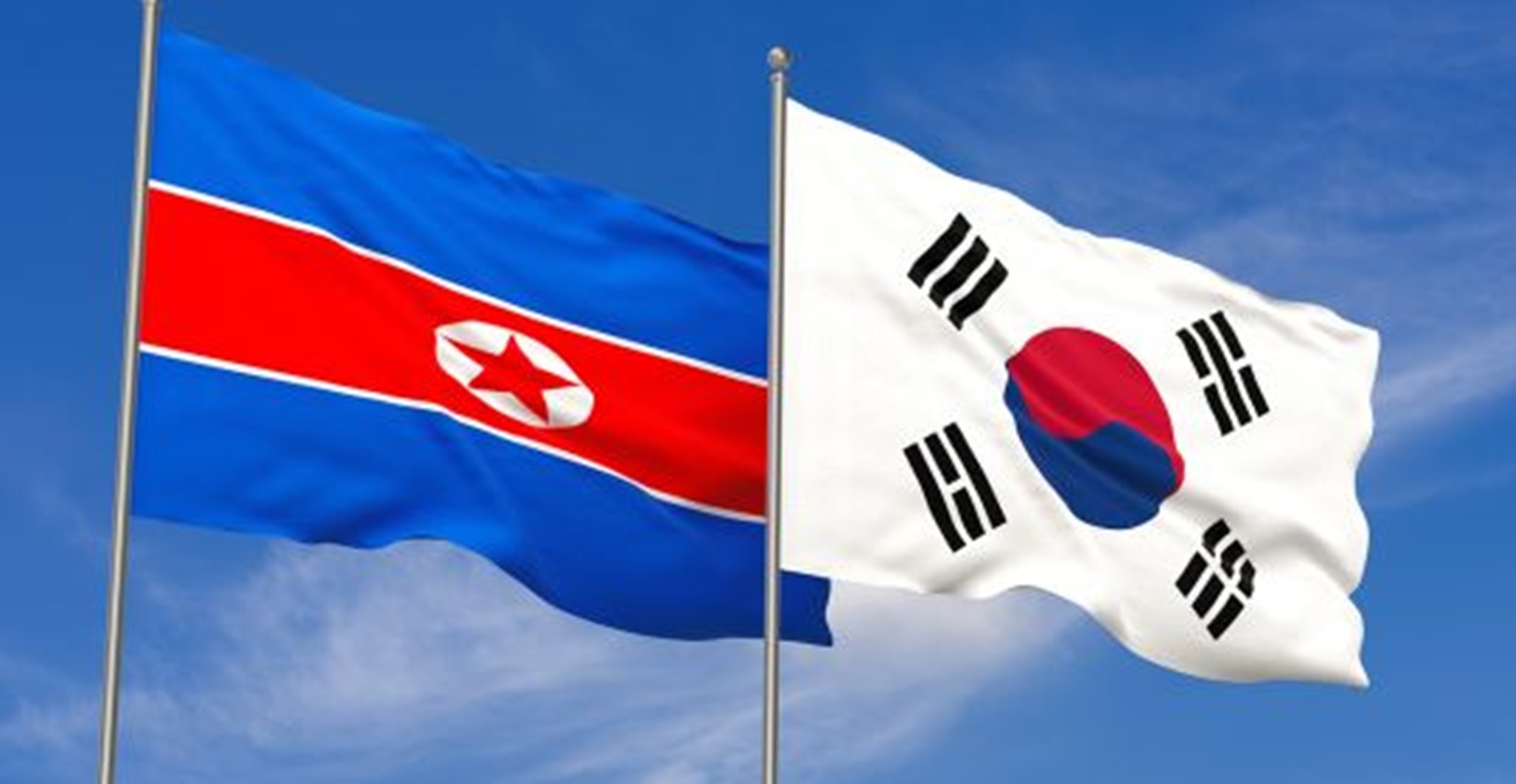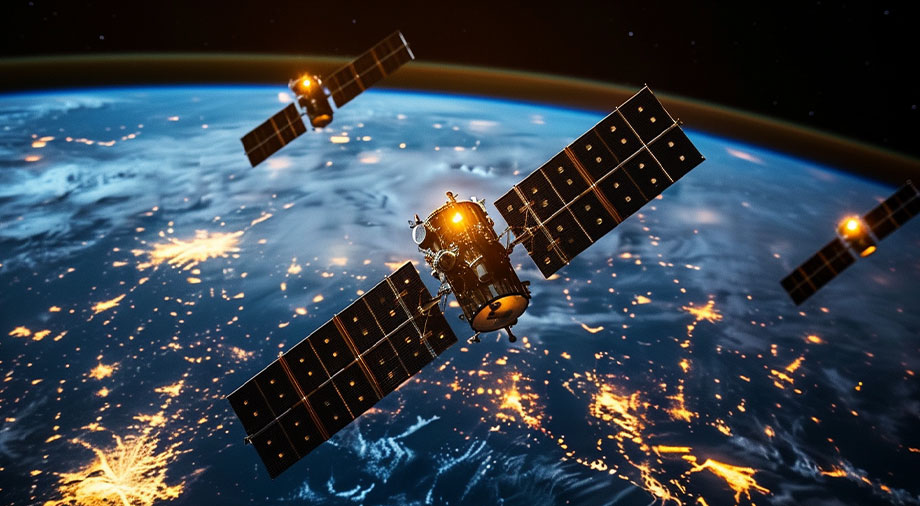The emergence of China as a global power; President Putin’s advocacy of a multipolar and Global South world; the emerging resistance against European Colonialism in African Countries; refusal to take notice of the sanctions by India, Iran, and Iraq; hardening attitude of Russia and the U.S.-EU on Ukraine and NATO expansion has turned international relations more complex, strained and prone to more inevitable conflicts. China’s own house is not in its control. The Chinese leadership has successfully managed to suppress resistance and China’s war rhetoric attitude towards the integration of Taiwan has been gradually boiling for the last three years.
Chinese President Xi Jinping speaking at the opening ceremony of the ruling Communist Party of China’s 20th National Congress has conveyed Chinese preferences vis-a-vis Taiwan — peaceful means, then coercive and later forceful means. The US Secretary of State Mr Antony Blinken is reverberating, instead of repudiation, that China has rejected the status quo of Taiwan’s situation that is no longer acceptable or the timeline of plans for China’s “rejuvenation” is appearing faster. Quite similar rhetoric before Russian military action in Ukraine, the U.S. repeatedly echoed that Russia would attack Ukraine. Whether the U.S. will stand by Taiwan on the ground or prefer proxy, for, the rise of competitive China has benefitted the U.S. must guess since the possibility of any peaceful settlement on Taiwan has been buried at UK-China accord on Hong Kong.
A report published in The Times claimed that China seriously considered invading Hong Kong during talks. Mrs Margaret Thatcher acknowledged that Deng Xiaoping told her directly: “I could walk in and take the whole lot this afternoon.” She replied, “There is nothing I could do to stop you but the eyes of the world would know what China is like.”
Today, the world knows what China is like who assured autonomy and two parallel social systems in Hong Kong but subsequent encroachment on Hong Kong’s political system and a crackdown on dissent transmitted that once in hand, China thinks of its own accord. The White Paper titled “The Taiwan Question and China’s Reunification in the New Era” released in August 2022 by the Taiwan Affairs Office of the State Council and the State Council Information Office of the People’s Republic of China mentions that “we maintain after peaceful reunification, Taiwan may continue its current social system and enjoy a high degree of autonomy in accordance with the law.” A similar commitment with Hong Kong was soon broken. China imposed National Security Law on Hong Kong in 2020 and arrested pro-democracy activists, students, lawmakers and journalists. The freedom of the press and speech was restrained. Taiwan which is governed separately for more than 70 years, knows that any merger with China will subsequently crush its inherent independent cultivation. The Chinese leaders interpret free expression as purely vindictive.
In Taiwan, situated about 110 miles off the coast of China, most people among the 23 million population have not perfect knowledge of Chinese history. China may blame for this the West but Taiwan has its own history, achievements and legitimacy of self-rule. The President and Vice President of Taiwan are directly elected every four years. The foundation for democratic governance and rule of law has gradually been established in Taiwan after lifting martial law in 1987 and seven rounds of revision in 1991, 1992, 1994, 1997, 1999, 2000 and 2005. Taiwan has amended the number of seats in the Legislative Yuan from 225 to 113 keeping in mind that they have jurisdiction over those areas which is governed by them. Taiwan has accepted its identity and independence separated from China. Taiwan’s President Tsai Ing-wen has frankly expressed that the consensus of the Taiwanese people is to defend our sovereignty and our free and democratic way of life. There is no room for compromise on this. Taiwan’s leadership has claimed that they will follow a peaceful and rational approach.
However, the UN General Assembly Resolution 2758 accepts Taiwan as a province of China with no separate status and about 181 countries including India and the United States official relations with China on the basis of the one-China principle. But the question is whether China will fulfil promises of autonomy and two social systems which it violated in Hong Kong. Chinese argue that after the agreement on the expiration of the lease, the UK has no right nor moral-legal obligation over Hong Kong. Hong Kong’s autonomy has to match China’s national security. As far as free democracy in Hong Kong is concerned, the Chinese argument is that the west is more concentrated on the process of the election and not the result and the result can not be allowed to jeopardise the notion of one country with two systems. Hong Kong autonomy can not run as a separate entity, its administration has to take guidance and directions from the Centre in governance, they argue. Thus, the Chinese are very unique in their argument. Any peaceful compromise on Taiwan will obviously review the post-Hong Kong interpretations which leads to ‘not possible.’
Taiwan is a significant industrial nation. As most economies around the world have slowed down, Taiwan’s annual growth rate of the GDP in 2022 amounted to approximately 2.45 per cent. Taiwan grew at a rate of 6.57 per cent in 2021, while inflation in Taiwan is still at a controllable level, as per the government data. In each of the four years since 2018, Taiwan’s Central Government has recorded annual budget surpluses of more than NT$100 billion in 2022. In 2021 that figure reached a record high of almost NT$300 billion. At the same time, global supply chains are still undergoing restructuring. Though Taiwan already holds a key position in the fields of semiconductors, information and communications technology hardware and software.
Taiwan was the first country who warns WHO about the Coronavirus and has maintained some of the lowest case rates in the world throughout the pandemic – lasting more than 200 days in 2020 without a single case. Taiwan has revealed its inclination toward rational conduct in international relations while asserting a tough position safeguarding its independence.
China fought the 1950 Korean War, 1962 Indo-China, 1969 Sino-USSR and 1979 Sino-Vietnam war. In the Vietnam war, to recall, the Chinese resulted in a heavy toll and did face stiff resistance from the Vietnamese who had also confronted the longest war against the Americans in the 60s-70s. China attacked post-US Vietnam’s 600 Kilometre of the mutual border on 25 August 1978 and later full scale on 17 February 1979 relying on “human waves” tactics, earlier followed in the Korean War and with India too, along with psychological warfare to teach lessons to Vietnam only for favouring the Soviet Union, then arch-rival of China, Vietnamese military action in Kampuchea today’s Cambodia, and allegedly Vietnamese oppression of ethnic Chinese Hoa people. Though the war was fought on Vietnamese land Chinese troops brought heavy losses and China’s gain was debatable. At present, the sentiments of more justice for martyrs and releasing straightforward information about the war are gaining high among Vietnamese, similar in India about the 1962 conflict, for, the young generation does not know much about the conflict.
India also resisted hard with great bravery in 1962 in spite of shortcomings. India- Vietnam and China both sides keep the conflict under the carpet however bitterness still runs deep. In fact, after 1979, the People’s Republic of China has no war experience. The core philosophy of China happened to be seen as winning without war or gain by deceptive attempts like those tried in Galwan and the Pangong Lake area.
The Chinese obsession, in addition, to keeping uniformity in every part of China has diminished its credibility. The Chinese purification of 12 million Ughar Muslims by imposing a dress and appearance code, rewriting the Quran for them, simultaneously, meeting Taliban leaders in Doha obtaining assurances from the Taliban on Xinjiang, in return block move at the UN to review the list of global terrorists, brutally suppressed student’s protest at Triennium Square in the past, the opening of Confucius colleges in Europe and other parts of the world, spying through them, promote China’s ideology among the youth, and as western media has reported Chinese plan to dominate global organisations through clandestine means, to institutionalise its operations and open a number of police stations overseas.
Under the ambitious BRI project, China dumped over USD 1 trillion as loans to nearly 150 developing and least developed countries at high rates of interest to establish its hegemony by creating dependent structures. The project is obviously aimed at protecting Chinese investments, markets and sources of supply in the world while putting countries under heavy debt many of them are facing debt crises. The economic breakdown in Sri Lanka and 99 years of lease to China of Hambota Port are perceived Chinese origin.
Thus, Chinese handling in post-Hong Kong has finished any hope of a peaceful merger of Taiwan into China. The only option for the Chinese is force. President Tsai Ing-wen knows that China’s military activity in the South China Sea, East China Sea, and the Taiwan Strait are inextricably connected with Taiwan. Taiwan’s reactions to military adventure show that the possibility of a military takeover of Taiwan by the Chinese is almost impossible. In Second World War when Japan was surrounded by the American forces, they could not dare to land on the island due to fear of huge human loss and dropped Nuclear bombs. When the Japanese King decided to surrender, the Japanese people wept on the roads. The sino-Taiwan war will not be the Falkland war or the Battle of Wake Island, during World War II, in which the Japanese could capture in a second attempt and received heavy loss and cost at the hands of American small forces.
The role of the West, EU and the U.S. can not be taken trustworthy for Taiwan. The UK government had said that the UK has an obligation and a right to monitor the Hong Kong agreement implementation closely and we are strongly committed to doing so. But, the UK could not save the democratic activists in Hong Kong and China successfully suppressed their voices. In the Ukraine conflict, the U.S. president has said that US forces will not engage in the conflict with Russian forces in Ukraine. The United States and its allies have further stated that Ukraine must be the ultimate decider about peace as it defends itself. In spite of assurances of defending Taiwan, the other side is also depressing. The U.S. policy vision in the 20s from President Bush to President Barack Obama and President Trump helped China to rise a power, believing that China has cheap/slave labour, was a cost-savvy and huge market that shall rise inevitably. The U.S. vision has perceived China-led world could not be prevented. Having close cooperation on virology research, the U.S. has experienced the highest number of deaths from coronavirus disease but did not take any stern action against China. US foreign investment in China also surged 53% in the first four months of 2022 according to China’s Ministry of Commerce. The Chinese military presence in Latin America has not been objected to. While defending its $450m fighter jet sale to Pakistan as helping to bolster the fight against ‘terrorist threats,’ the U.S. has encouraged India to be the only country that could contain China’s power and fight on both the front. Thus, the U.S.-China non-combative attitude is a matter of curiosity and needs close analysis.
The U.S. changes sides very rapidly. Taiwan is on its own and its determination is sufficient to cost China very heavily. The military fight between two semiconductors chip manufacturers is not in the interest of both. However, the chance of Taiwan’s peaceful merger is lost in Hong Kong.
Title image courtesy: Republic World
Disclaimer: The views and opinions expressed by the author do not necessarily reflect the views of the Government of India and Defence Research and Studies





